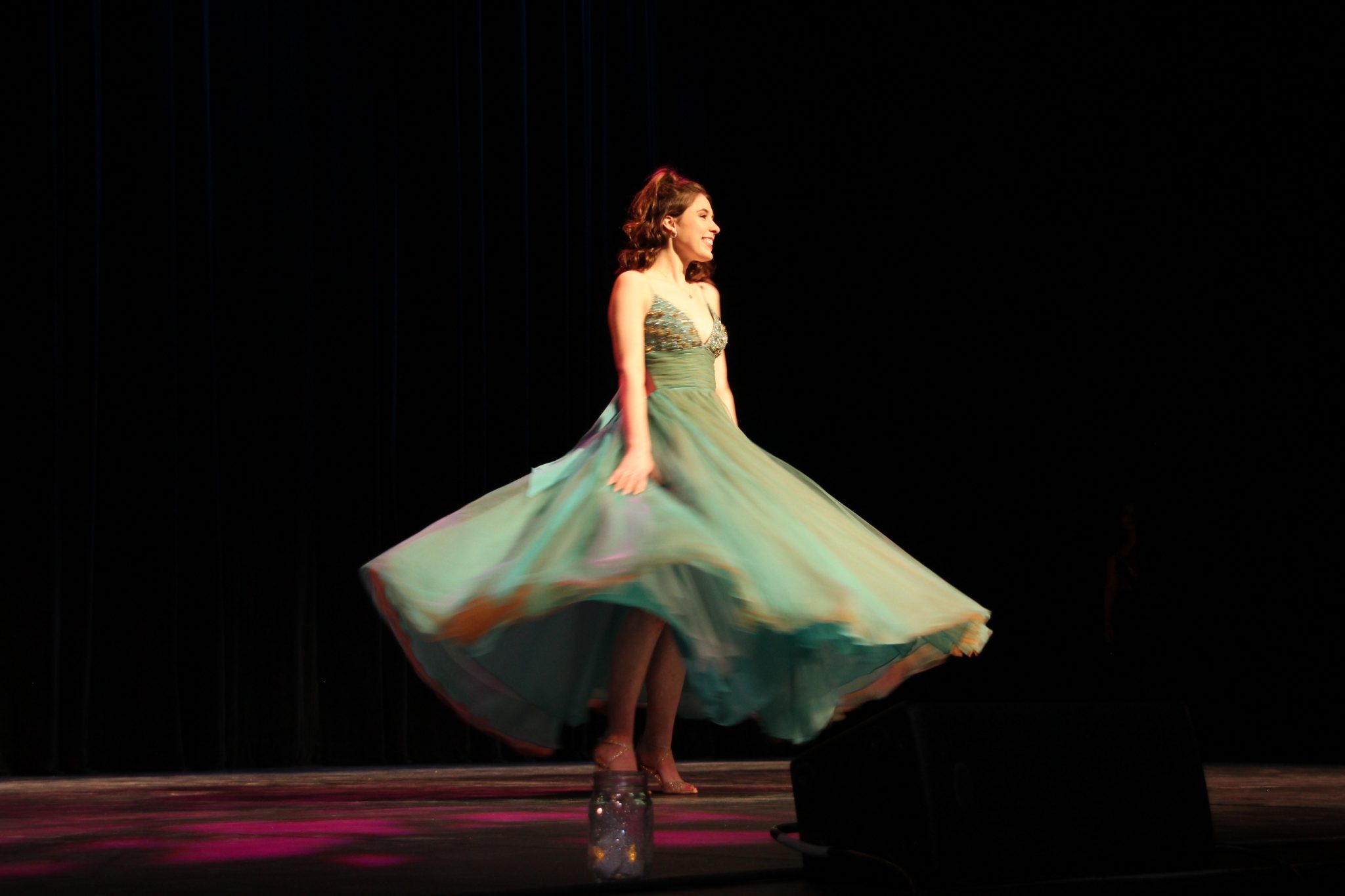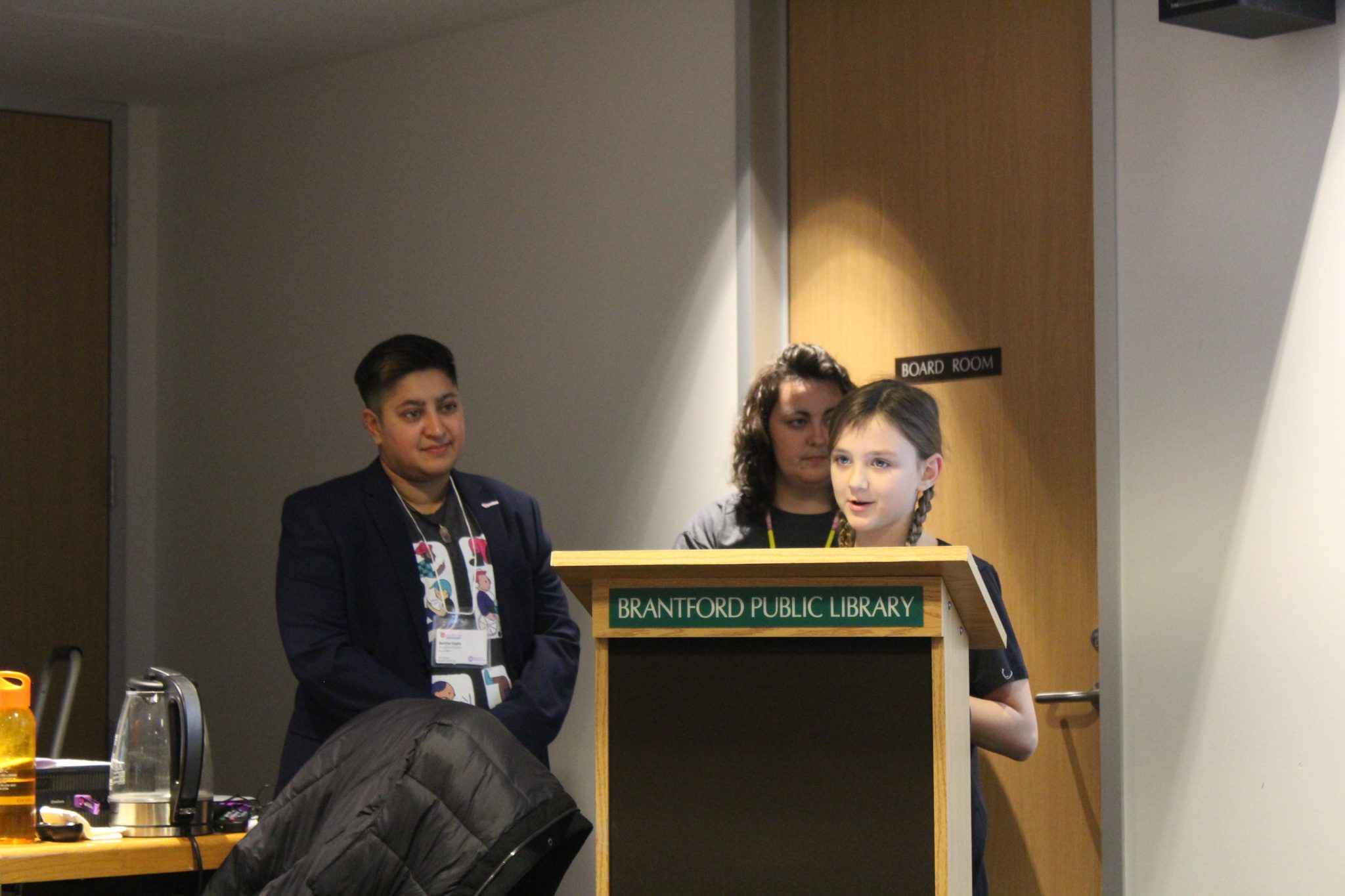– Matt Mente, News editor
On Oct. 13 world-renowned Canadian journalist Gwynne Dyer spoke at Laurier Brantford as part of Laurier Brantford’s Lives of Leadership and Purpose speaker series.
Originally from Newfoundland, Dyer has been part of the Canadian, American, and British Naval reserves and has attended universities in each of these countries as well. Dyer received his PhD in Military and Middle Eastern history from King’s college in London. He worked as a senior lecturer in war studies at the Royal Military Academy Sandhurst but in the late 70s he abandoned academia to work fulltime as a freelance journalist. Since that time Dyer has been present at many of the great revolutions and political turning points that have characterised the end of the cold war as well as revolutions and conflicts in the Middle East. These experiences have lent themselves to his numerous books, television and radio miniseries. In addition to his larger works, Dyer publishes a bi-weekly column, which is published in over 175 papers in 45 countries.
Dyer’s presentation at Laurier was a little over an hour and was attended by students, professors and many members of the community. Discussion was focused on history of revolutions in Europe and the Middle East, specifically peaceful revolutions such as the one in Egypt.
Dyer noted that the same protest strategies and conventions developed in Europe during the fall of communism are being applied successfully in revolutions in the Middle East. He also noted that by and large, peaceful revolution seems to succeed far more frequently than violent action. This is in line with Dyer’s beliefs. Throughout the years he has shown anti-war leanings in his work.
Laurier’s Lives of Leadership and Purpose speaker series was organized as a celebration of the school’s centennial. The series is intended to promote human rights, social justice, and peace and was organized by collaboration between the Journalism Human Rights and Human Diversity and Criminology programs. Other speakers have ranged from journalists to human rights activists and have included speakers from as far away as Ghana.



